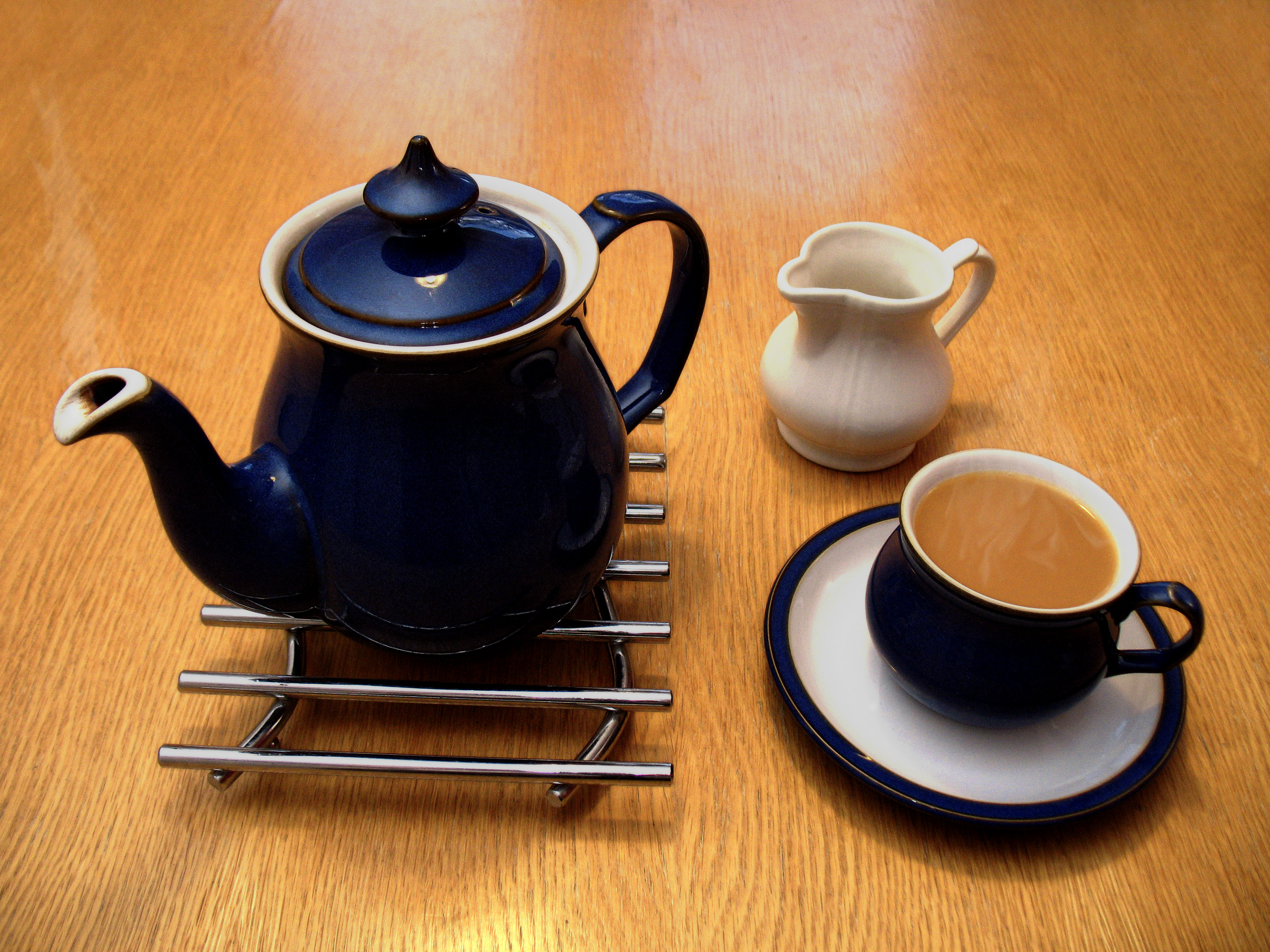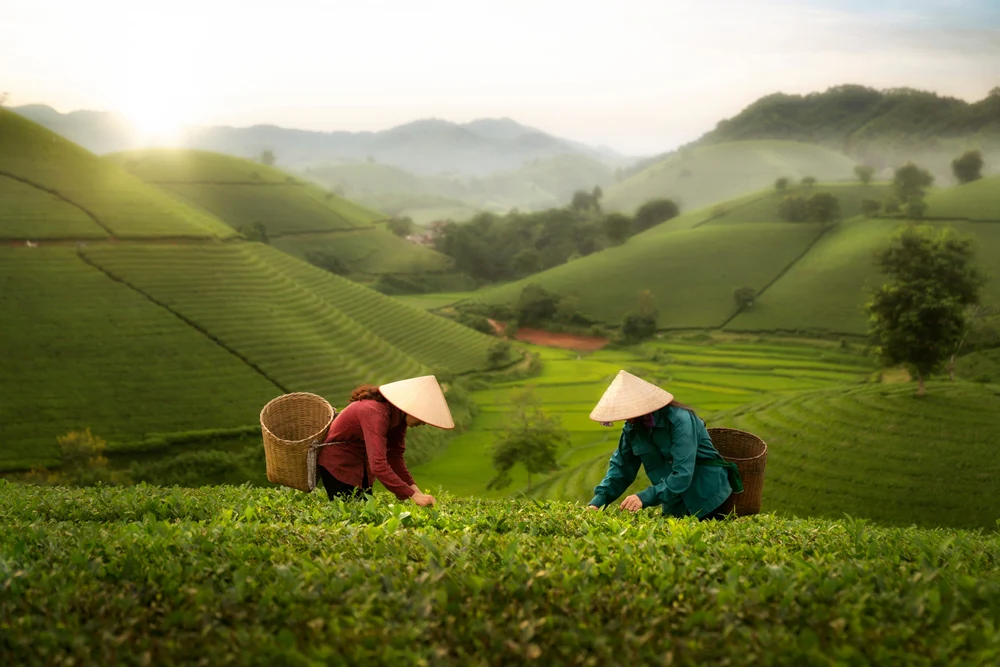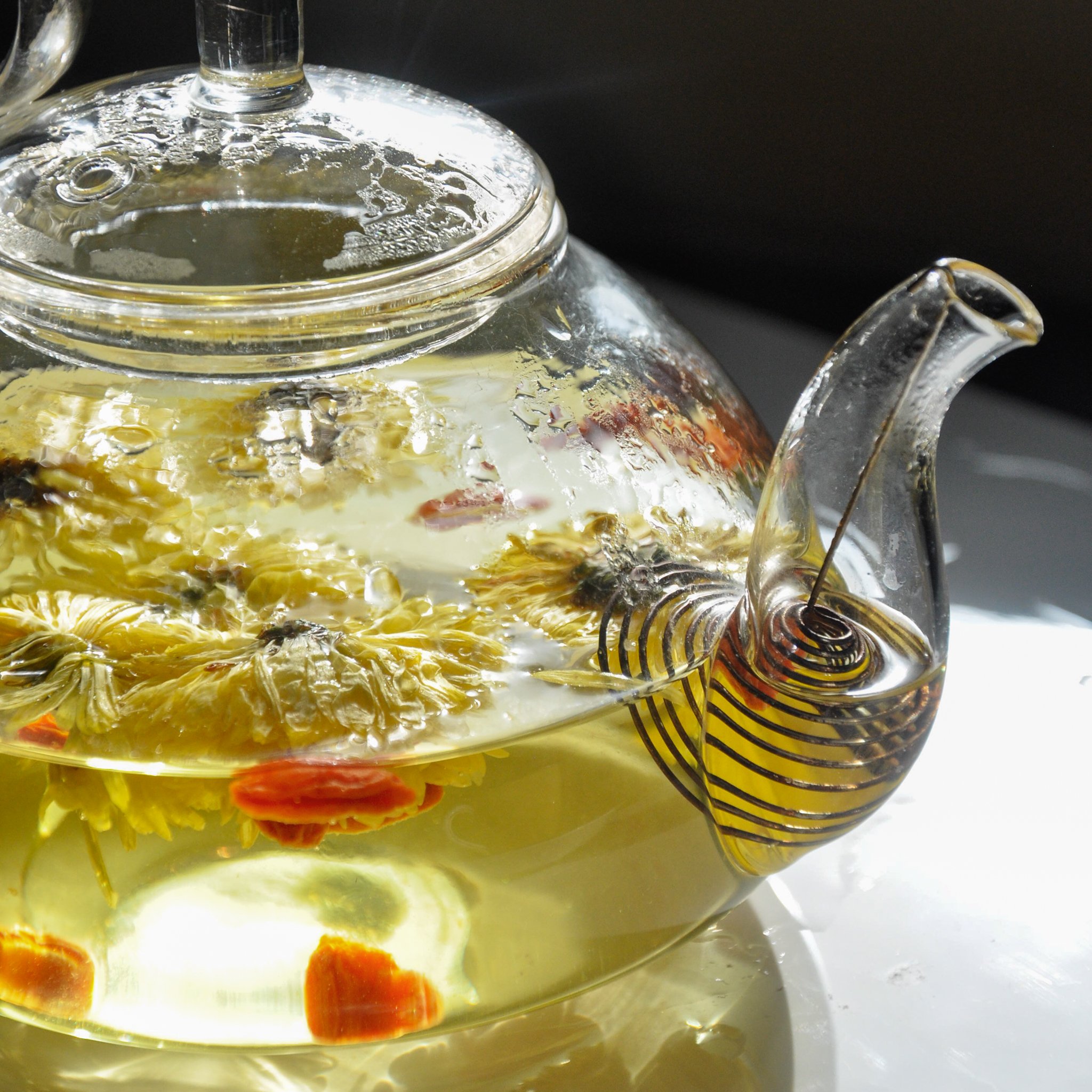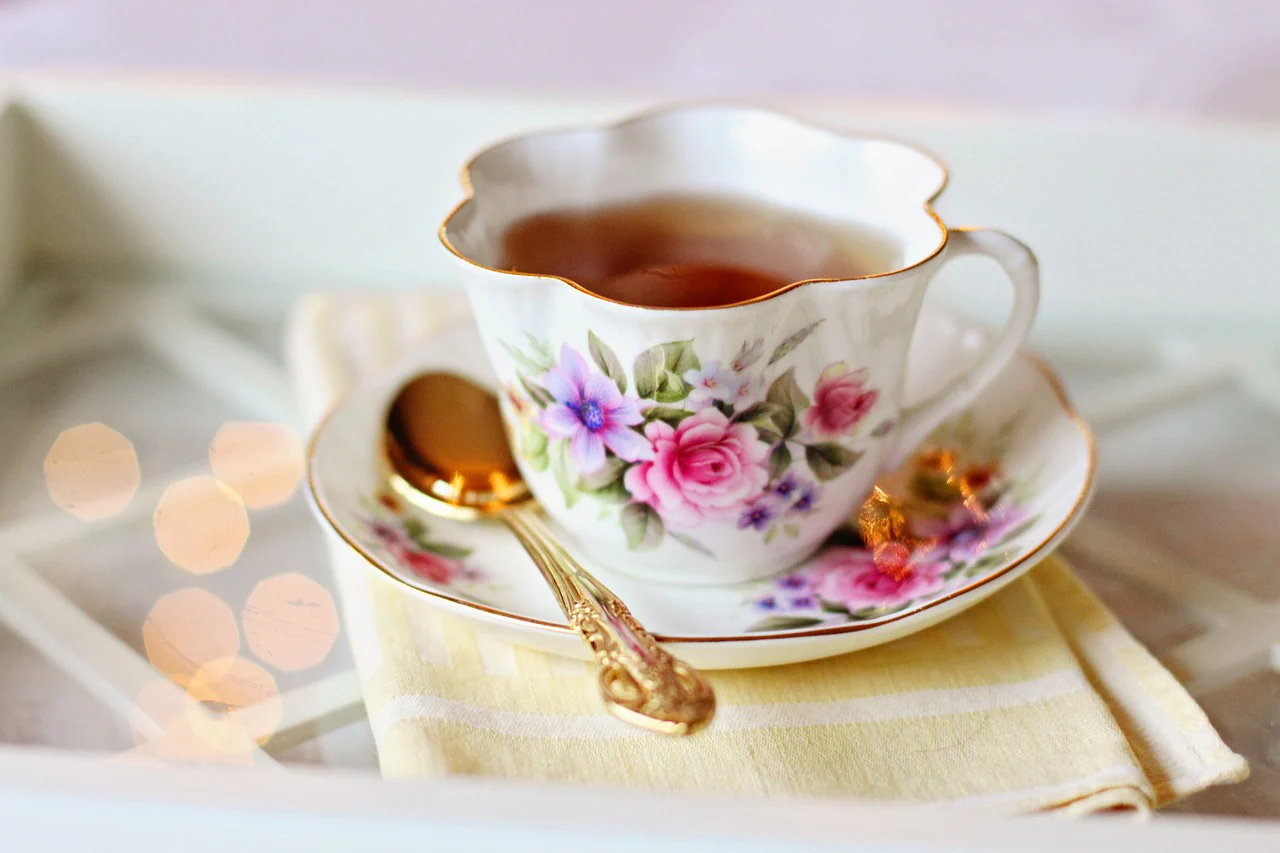Britain’s reputation as a nation of tea drinkers remains firmly intact, with a remarkable 98% of Brits declaring they drink tea every day. This statistic underscores the cultural significance of tea in British society, where it is not just a beverage but a cherished ritual.
Key Insights into British Tea Drinking Habits
- Daily Consumption: On average, Brits consume about 2.7 cups of tea daily, with many drinking three or more cups. A significant portion of the population, approximately 35%, reports drinking three or more cups each day, and some even indulge in five to ten cups [2][4].
- Preference for English Breakfast Tea: The most popular type of tea among Brits is English breakfast tea, with 54% citing it as their choice. Other favored varieties include Earl Grey and green tea, each enjoyed by about 18% of the population [1][2].
- Cultural Rituals: Tea drinking is deeply embedded in British culture, often associated with social gatherings and hospitality. The tradition of afternoon tea remains popular, providing a moment to relax and enjoy tea alongside snacks or biscuits.
- Milk and Sugar Preferences: A distinctive feature of British tea culture is the preference for adding milk to tea. About 85% of those who drink English breakfast or Earl Grey tea prefer it with milk, contrasting sharply with other European countries where milk is less commonly added [1][4].
- Gender and Age Differences: Tea consumption patterns vary by gender and age. Women are generally more likely to drink tea than men, with only 19% of women stating they do not consume any type of tea compared to 25% of men. Younger individuals (ages 18-24) are less likely to drink tea, with about one-third reporting they do not partake at all [1][2].
- Health Benefits and Historical Context: Historically, tea has played a significant role in British life, particularly since the 18th century when its consumption became widespread across social classes. The practice of boiling water for tea may have contributed to improved public health by reducing waterborne diseases [5][6].
Conclusion
The enduring love for tea in Britain is reflected in daily habits, cultural practices, and preferences that distinguish British tea drinkers from those in other countries. As the nation continues to embrace this tradition, the significance of tea as a comforting beverage and social connector remains as strong as ever.
Citations:
[1] https://yougov.co.uk/consumer/articles/33194-how-do-british-tea-drinking-habits-compare
[2] https://www.cartwrightandbutler.co.uk/blog/brits-tea-and-coffee-drinking-habits
[3] https://www.teabloom.com/blog/how-does-a-british-tea-culture-look-like/
[4] https://www.worldteanews.com/data-trends/third-brits-drink-three-or-more-cups-tea-day-new-survey
[5] https://www.bbc.com/future/article/20231215-how-britains-taste-for-tea-may-have-been-a-life-saver
[6] https://www.londonmuseum.org.uk/blog/steeped-in-history-tea-drinking-in-britain/
[7] https://www.ef.edu/blog/language/tea-introduction-british-tea-culture/
[8] https://teakruthi.com/blogs/tea-break/tisane-tea





